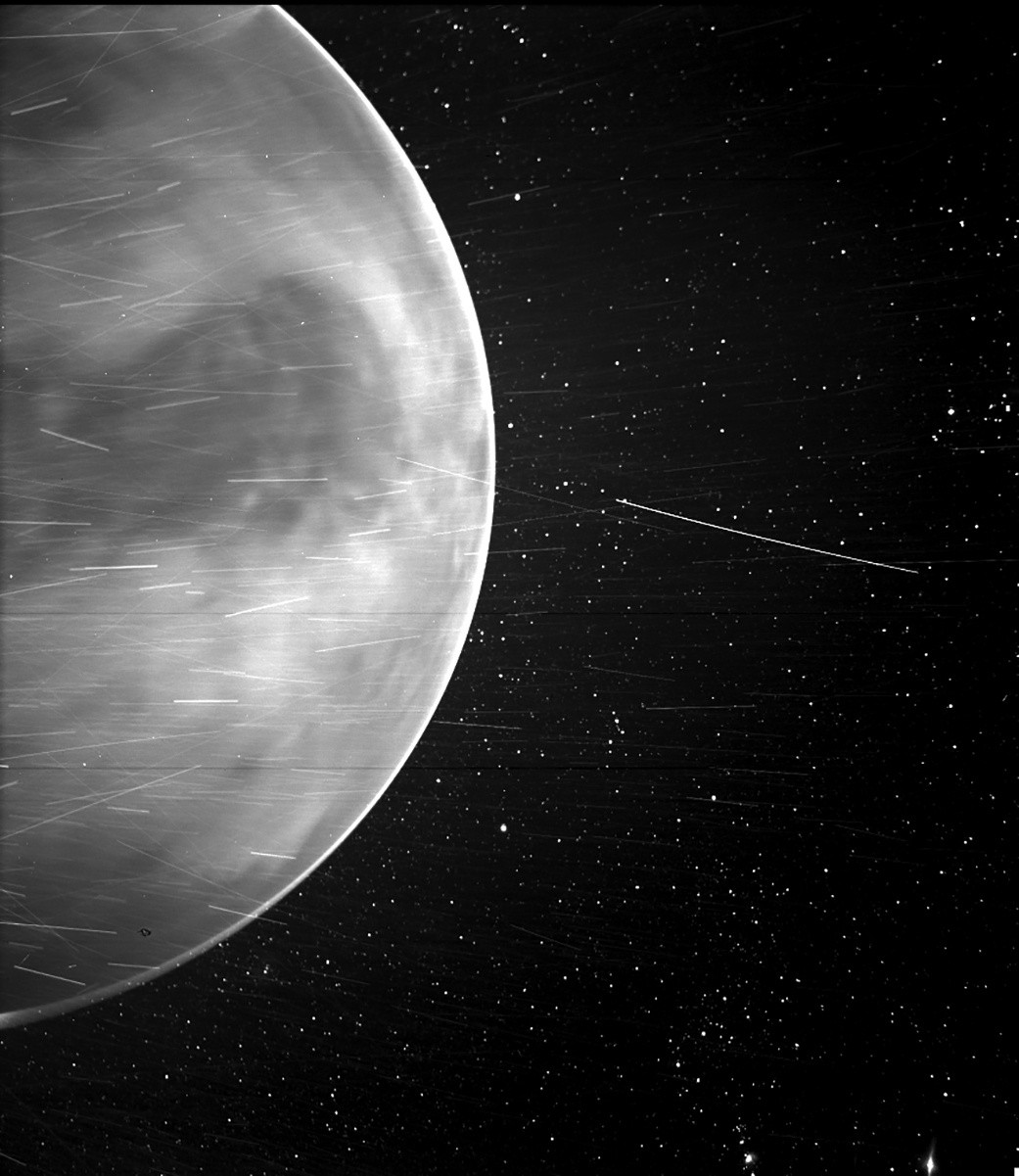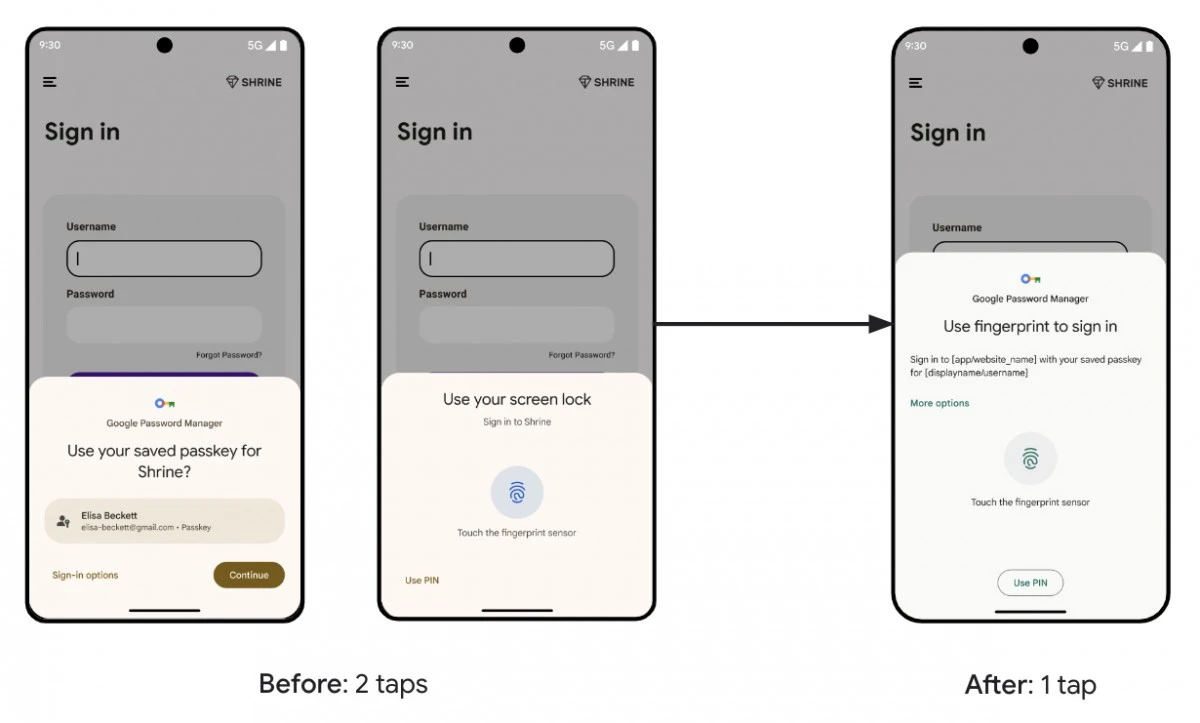Venus, as an Earth-type planet, was long considered the “twin brother of Earth” due to its very similar size, gravitational force and mass. Apparently, what distinguishes it from our planet is that its light is very strong, which is why it was called the morning star, as it can be clearly seen in the sky with the naked eye at certain times of the day. Then, of course, it turned out that there was not exactly an earthly paradise on the surface: it was surrounded by a dense cloud of sulfuric acid, the atmospheric pressure and temperature were huge (above 460 degrees), and the air there was mostly carbon dioxide. So Venus is Earth’s “evil twin brother”, a hellish place where space probes cannot survive for long, and that makes hellish sounds on the NASA recording heard below.
Well, well, we know that there is no sound in space, since there is no medium that can propagate the sound, but there are radio signals that can be converted into sounds. Signals captured by NASA’s Parker Solar Probe: This was launched on August 12, 2018, to study the heliosphere. We are due to reach our star in 2022, but en route we made a trip to Venus, where its upper atmosphere flew through it, which no Earth object has done in nearly 30 years. In addition to the signs, scientists have made other interesting discoveries based on the results of direct measurement: Venus’ upper atmosphere undergoes major changes in light of the change in the solar cycle.
By the way, the spacecraft approached Venus because from here they start their journey to the Sun with a swing maneuver, that is, they use the planet’s gravitational field and difference in velocity to slow it down and change its course. But it is also useful to examine the dual planets of Earth because they can bring humanity closer to the question of which Earth-like planet is habitable and which is not, and why.
As part of the swing maneuver, it flew near Venus for the third time, with the Parker Solar Probe on July 11, 2020, the closest to the planet at an altitude of 833 km above the surface. It then picked up a low-frequency radio signal from a spacecraft called FIELDS, which will study the electric and magnetic fields in the sun. The signal could be detected for 7 minutes, and it was also familiar to NASA scientists, because in 2003 a similar case was found with Galileo, who picked up such radio signals from the ionosphere of the moons of Jupiter.
Earth and Venus also contain an ionosphere, which is made up of electrically charged gases or plasma that naturally emit radio waves that can be detected by instruments such as FIELDS. More recently, a Venus probe called Pioneer measured the planet’s ionosphere directly, but that was in 1992, nearly 30 years ago, when the sun was at its zenith in its solar cycle with many solar storms. On the other hand, in 2020, we were able to squeeze Venus during the period of the solar minimum, or just 6 months later, when the ionosphere is much thinner. So this measurement was also very useful because it brought scientists closer to answering the question of how Venus responds to the sun. In this way, it could become more apparent how Venus, which is believed to be heaven, became a infernal place, that is, how its atmosphere changed over the course of millions of years.
Below you can also see a photo taken by the Parker Solar probe of Venus “at night” on July 11 last year.

Image, video and article source: NASA.


















.jpg)

























